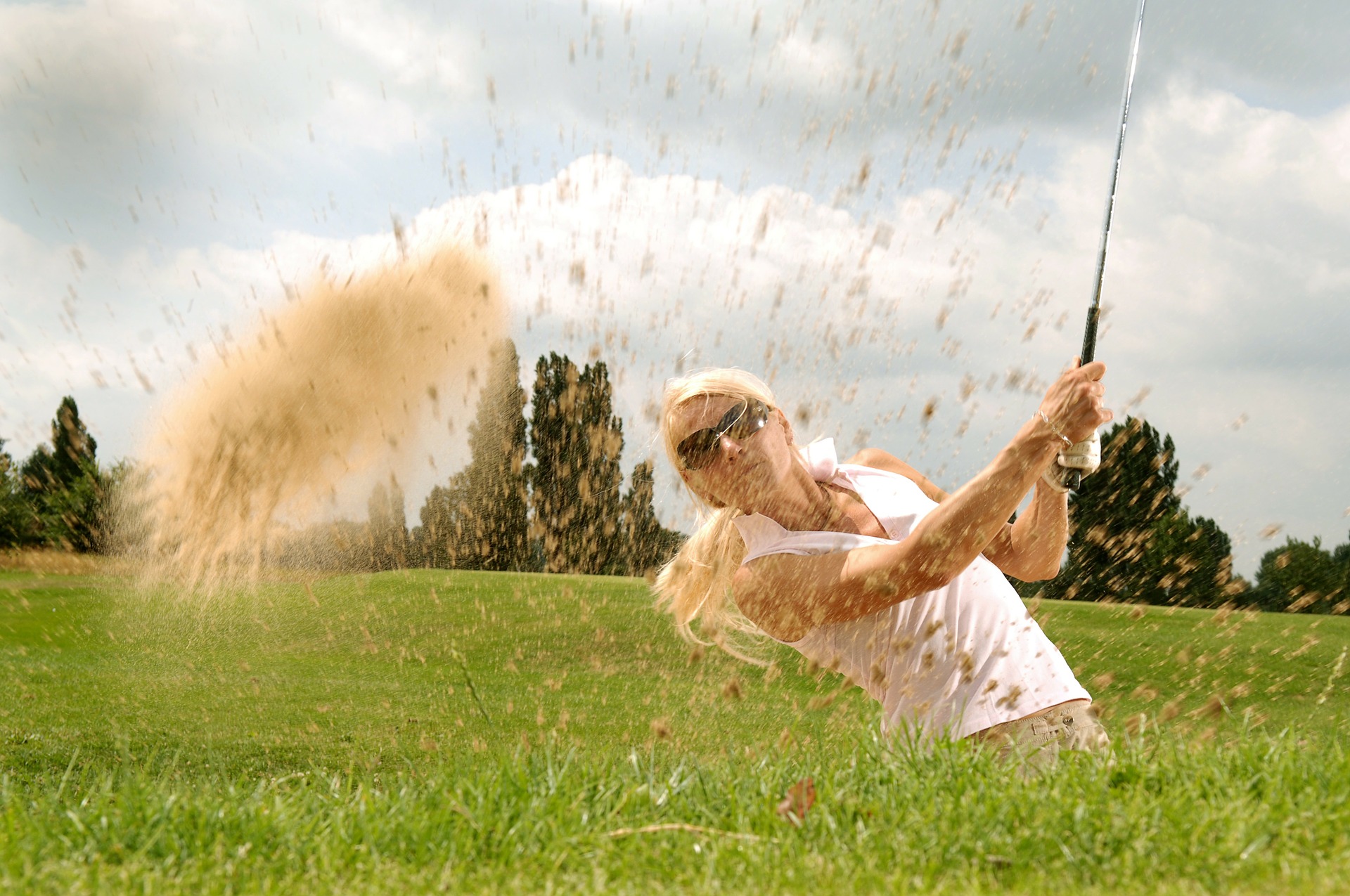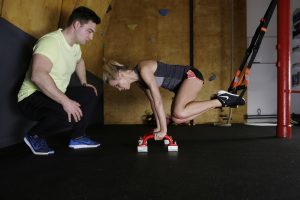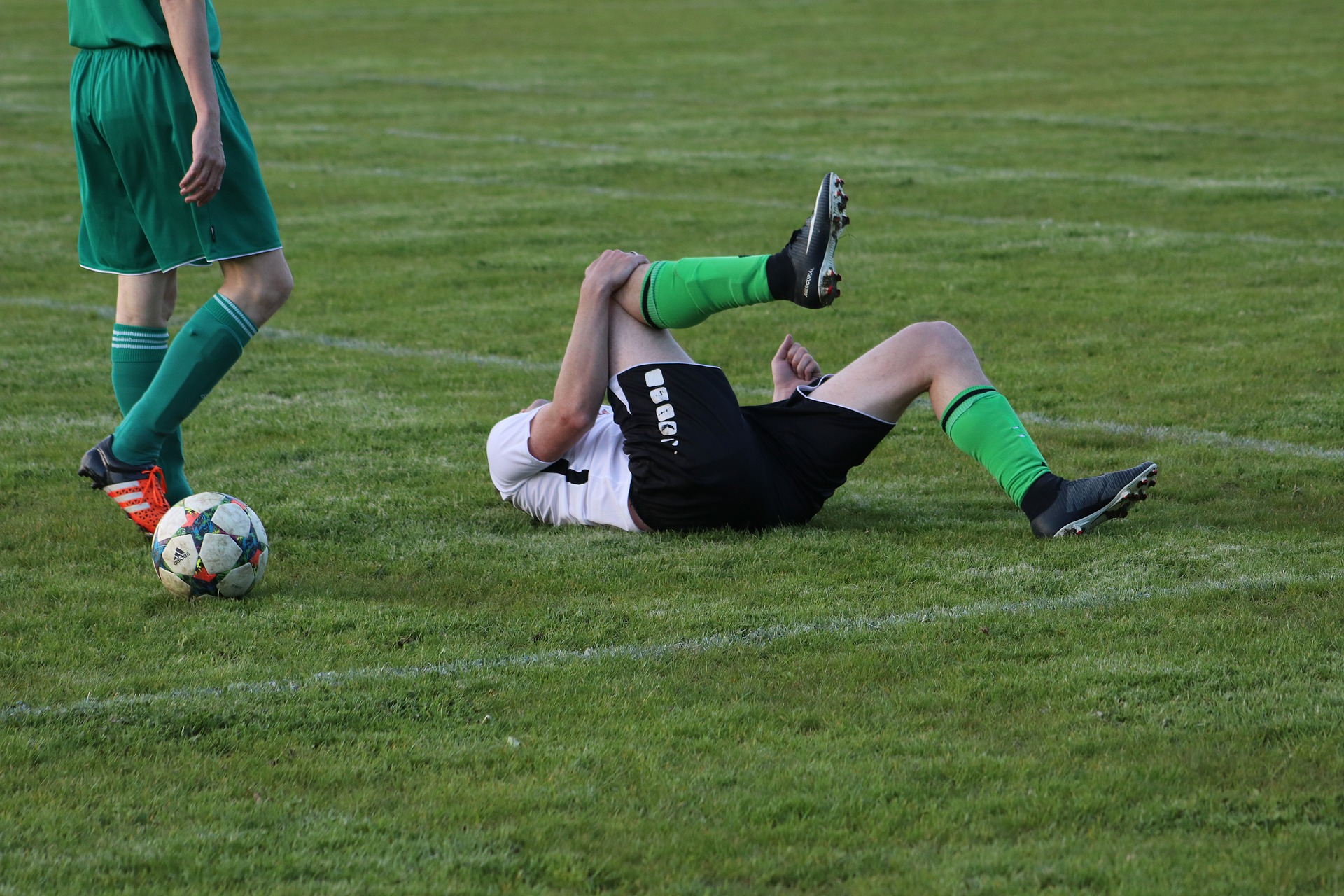What are sports?
My friend dictionary.com says that sports are an athletic activity requiring skill or physical prowess, and often of a competitive nature.
I’ve played sports most of my life and certainly devoted most of my life to training – either myself and others, or training for marathons. I’ve always thought people tend to compress the definition of “sport.” Sure, it means football, basketball and hockey.
But golf requires physical prowess and is competitive. Yoga requires skill and toughness. Parkour, bowling, hiking, axe throwing, cheerleading, biking, Frisbee golf, kayaking … almost anything physical (except Netflix binging) I would consider a sport.
And to play, perform, compete or enjoy any sports, you need a certain level of fitness.
What does fitness mean?
Fitness is easy to define in dictionary terms. My buddy dictionary.com defines it as health which gets defined as soundness of body or mind, free from disease or ailment.
However, that’s not what people think of. There’s a whole spectrum of what fitness means. It actually means 6 billion things to 6 billion people. Which is great and confusing. Confusing because how do you make any kind of standard and great because you get to set your own.
Fitness is ability
However, most of the time, people define fitness as the ability to do something. For some it’s as simple as making it up the stairs each day, for some its running marathons. It goes beyond the physical as well. Mental fitness (which is even harder than the marathons) is where real fitness begins. If you can’t find the ability to mentally conceive or plan something … odds are anything you do will only happen by luck or not at all. For me, I generally define fitness as a pillar of wellness.
What is wellness?
Wellness amps fitness up a notch. Most people (and dictionary.com) define it as the state of being healthy in body and mind. But it’s more than simply not being sick. To me, it’s more of the state of reaching your potential.
Emotional fitness plays into things as well. If you’re not emotionally equipped to channel a bad day at the office into weight lifting, or bounce back from a bad relationship by running a 5K, you won’t do it. Whatever your goal may be to achieve wellness (job satisfaction, better relationship, a new remote control that has backlit buttons so you can see it in the dark) if you can’t emotionally feel motivated to pursue it mentally and physically – it won’t happen. You need a connection.

What’s the connection?
For 7 billion people, there are 7 billion different ways the mental, emotional and physical can connect. Sure, we’re all the same generally, but no one grew up the same, has the same exact experiences and things that motivate one person, completely turn off another.
Whatever your personal connections are, that’s what we have to find. For some people, the thrill of lifting a 200-pound barbell above their head for the first time is motivation to come back to the gym every day. For some, being seen at a pool party by an ex is what it takes.
However, no matter how strong initial motivations are — especially ones driven by anger or fear — they tend to fade. Even the most positive goals can have a diminishing return. There’s no magic answer, really. We’re human. Our bodies, our goals and most importantly – our minds — change.
How do I stay motivated?
That’s why I started Sports Fitness Connection. Some people may know more about nutrition or the latest kettlebell techniques than me (although I’d say not many!) but at the core, I’m a motivator.
I’ve had hundreds of clients and while a lot of them have cried, cussed me out, or even walked away for a while – I doubt anyone would say I wasn’t doing my job. Working with them, I found what could connect them to their goals.
I can give you all the facts and figures about why coffee is bad for you today and wasn’t yesterday or how monounsaturated fats help your muscles heal. But I know at the end of the day, that’s not what you care about (unless you’re a nutritional chemist or kinesiologist). You want to be able to look good, or lift more, or climb the stairs or a mountain without losing your breath.
Tell me what you want, what you really, really want …
Motivating people isn’t hard, but it takes an understanding of the person, and consistency. You have to understand what the persons goal is, and a lot of times, the goal ISN’T what they say it is. Fun fact: People lie to themselves all the time!
The first thing I do is talk and try to get a sense of what their goals really are. You may say it’s to compete in a marathon, but that’s only because Janet in the office runs in them all the time and she’s healthy and seems happy and everyone wants to be her friend.
Maybe what you really want is to be happy. You don’t need to run a marathon to be happy (I do, but that’s kind of my thing) but if you felt stronger and weren’t self-conscious about your clothes fitting or your ability to power walk around the parking lot five times with Janet … maybe your goals don’t need to be waking up at 4:30 am to run to Red Rock Canyon (it is beautiful in the morning, though).
How long does it take to get fit?
Forever.
Sorry. That is the answer. I guess I should say, it takes forever to achieve wellness. Sure, you can feel better, stronger faster in 60-90 days.
Staying there … that’s the trick. Who doesn’t know someone that broke up with someone, went on a diet, looked amazing, found someone new and is right back where they were? I’ve seen it hundreds of times. I’ve even done it once or twice.
The trick is to be consistent … AND change things. The same exercises will make you plateau and stop gaining mass or losing weight. Eating the same meals every day will make your body chemistry adapt.
That’s why, as helpful as exercise magazines are, they don’t make good trainers. To make real change, you’d have to spend a lot of time researching exercises and meals, and learning what makes not only bodies in general tick, but what makes your body specifically tick.
I’m not saying you shouldn’t do that. In fact, I encourage you to. It’s just that after a lifetime of study training, I can safely say I know most of the general stuff.
What I don’t know is you.
How does the Sports Fitness Connection work?
It’s pretty simple really. We meet. I ask you questions. I gauge your level of honesty. Because if you aren’t honest with yourself, you won’t be honest with me. I can always tell by excuses. Excuses are the best way to determine how committed you are to yourself. If you have a lot of them … you’re not ready to make changes.
That’s fine. I get it. Changing things is hard. It takes patience and persistence. I don’t want to waste your time and you shouldn’t either. I can make things as easy as possible, but I can’t make it easy. Nobody can – and you should be suspicious if they say they can.
We’ll determine your goals. YOURS. If they’re my goals, why would you care? If you don’t want to be a powerlifter or run marathons, there’s no point in training you that way. If your goal is to be lean and more flexible, that’s what we focus on.
In the long haul, you’ll only commit to what you want – and that’s the secret to reaching your goals.
Once I know what your goals and your commitment level is, I can map out a plan. It’s a road map, and it will change. It changes based on your progress, your level of fitness and how close you are to your current goals – and then we figure out what your next goals are.
That’s the thing about goals – once you make one, you want to score more.
How do I choose a personal trainer?
There’s a lot of trainers out there – more than there are gyms. How do you figure out what’s right for you?
Of course, they should be certified by a legitimate body like the American Council on Exercise (ACE) or the American College of Sports Medicine (ACSM). They should understand nutrition and not be slaves to one type of diet over another and push that on every client. I’d be wary of trainers that aren’t in shape. As I’ve gotten older, my six pack has a little insulation, but no one would say I’m out of shape.
The best thing you can do is ask questions. What’s their work experience? How long do their clients usually stay with them? What are they certified in? What do they consider fitness?
You can always observe trainers if you go to a gym and see how they interact with clients. You can ask for references. Usually a good trainer has clients who are happy to talk about their experiences.
I’ve been in business long enough to know I’m not the right fit for everyone. No one is. You need to determine if there’s a connection (there’s that word again). You need to feel accountable to a trainer and they need to hold you accountable. Make sure that you’re comfortable with a trainer and that you think they understand your goals and how to motivate you.
Who are you?

My name is Terry and I graduated from Florida State University in Sports Management. I thought I would become a sports agent and interned for a great and well-respected agent. One day he told me I wouldn’t be happy in the business – that eventually, I would have to compromise my principles.
I was surprised but I realized he was right. I worked at the #1-rated gym in Westchester NY and started getting clients through the gym. After three years, I knew I had to take the leap of faith and run my own business – and Sports Fitness Connection was born.
I’ve done a variety of training work over the last 30 years. Aside from personal training, I’ve developed corporate training programs for some Fortune 500 companies as well as wellness programs for special needs school students. I keep doing what I do because it energizes me to help people reach their goals.
If you want me to help you reach your goals, contact me at 702.761.6506 or at terry@sportsfitnessconnection.com







